How to equip doctor's offeices and beauty salons in sanitation?

Concern for proper hygiene and minimizing the risk of viral and bacterial infections is one of the main issues in healthcare facilities and various beauty salons. A crucial aspect of this fight is functional sanitary equipment designed with the specific profession in mind. So how should a doctor's office be properly equipped? What is useful in a dental office, and what should be present in salons that take care of our appearance?
TABLE OF CONTENTS:
The National Institute for Health and Care Excellence (NICE), established in the UK in 1999, focuses on studying the most appropriate methods of treatment and disease prevention. Their guidelines for the public sector in health promotion include evaluating the effectiveness and efficiency of devices that support human health and hygiene.
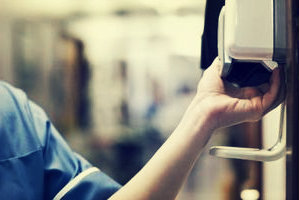 There is a vast range of hygiene solutions available in the market. NICE publishes guidelines for healthcare services, including the use of technology. Technological advancement shows the significant demand for such devices. In places like hospitals and specialized clinics, cleanliness and hygiene play a crucial role due to the increased risk of infections.
There is a vast range of hygiene solutions available in the market. NICE publishes guidelines for healthcare services, including the use of technology. Technological advancement shows the significant demand for such devices. In places like hospitals and specialized clinics, cleanliness and hygiene play a crucial role due to the increased risk of infections.NICE emphasizes the importance of everyone maintaining hand hygiene, whether they are healthcare workers or patients. Daily cleanliness is paramount, and a significant responsibility falls on the cleaning staff, who should be equipped with professional cleaning equipment.
- hand hygiene among doctors and patients
- installing publicly accessible dispensers/ disinfectant dispensers
- cleaning team equipment/ cleaning cart/ cleaning equipment

Toilet equipment in healthcare
Toilets in facilities such as hospitals, clinics, and health centers are high-risk areas for infections, so quality assessments of their conditions are conducted. In our country, this responsibility falls on the Sanepid, and in each major city, there is a Provincial Sanitary-Epidemiological Station. Members of the commission are appointed to inspect the conditions in places such as hospitals. Concerns can be related to treatment rooms, doctors' and nurses' duty rooms, corridors, toilets, and even basements. Cleanliness, technical condition, functionality, and proper equipment, i.e., appropriately selected sanitary devices, are crucial.
What should be in a patient's toilet? Soap dispensers are essential. There are button-operated dispensers or more hygienic touchless liquid soap dispensers. Besides a proper cleaning agent, drying hands is equally important, as numerous studies have shown that more microorganisms adhere to wet skin than to dry skin. Observations are conducted to determine whether it is worth choosing an economical and modern hand dryer or equipping the bathroom with a paper towel dispenser. It is important to choose a hand drying method suited to the place and its conditions. In this case, the most hygienic solution is to use disposable hygienic paper towels. Dispensers are designed to keep the paper towels inside clean and isolated from the environment. Large bins under the towel dispensers are necessary for disposing of used paper towels, which are later disposed of.
Another important aspect is the proper adaptation of the women's toilet. Sanitary bins for used hygiene products are essential. Their advantage is convenience, hygiene, and safety in waste disposal. Also, there should be hygiene bags to help maintain freshness in the room.
It is also worth remembering about toilet seat covers, which increase the hygiene of using a public toilet. They help especially sick and frail people safely sit on the toilet seat. Specially adapted covers are easy to use. Part of the cover is flushed into the toilet and is rinsed away with water. Made of easily dissolvable materials, they do not clog pipes and drains. An ideal solution is to use wall-mounted bins and toilet brushes, as this facilitates cleaning the toilet floor. Among the mandatory items are wall-mounted toilet paper holders. In public toilets, lockable jumbo roll paper holders are usually used. They ensure the cleanliness of the content and protect it from theft.
- liquid soap dispensers or foam soap dispensers
- Paper towel dispensers
- bins for used paper towels
- medical waste bins
- hygienic waste bags
- toilet seat covers
- wall-mounted bins and toilet brushes
- jumbo roll toilet paper holder

Parent and child room. Toilet with a changing table
Toilets with baby changing stations in public facilities are slowly becoming standard. It is essential to remember about the proper usable space, allowing parents with a small child to freely enter with a stroller, especially if they also need to use the toilet. Proper equipment is crucial to ensure full functionality for users. Wall-mounted or free-standing changing tables made of easy-to-clean surfaces are usually used in such facilities. Wall-mounted changing tables are designed to fold horizontally or vertically, saving space when not in use. A sink with a liquid soap dispenser is essential in a toilet, where hands can be washed after baby care. Paper towels are the best option for drying hands in a room with a changing table, as a working hand dryer emits a loud noise. Therefore, using a paper towel dispenser is more child-friendly. Another important piece of equipment in a toilet with a changing table is bins for used paper towels and separate bins for used diapers. Their design keeps unpleasant odors inside, improving user comfort and facilitating cleaning. Additional equipment for quick and hygienic use of the toilet for a parent with a child includes shelves and bathroom hooks for a bag with baby accessories or outerwear.
- wall-mounted or free-standing changing table
- paper towel dispensers instead of hand dryers
- bins for paper towels
- bins for used diapers
- shelves and bathroom hooks for a bag with baby accessories and outerwear
- toilet for parents
- adequate maneuvering space for a stroller
Well-equipped patient waiting room
This is a place where many strangers meet, waiting for registration or an appointment. Besides ensuring enough seating, we should remember about proper ventilation, accompanied by a fresh scent. To make the wait more pleasant for patients and accompanying persons, it is recommended to use a neutral and relaxing scent periodically emitted by an automatic dispenser. Odor neutralizers are also used in such places to combat unpleasant smells that may arise in specific conditions in healthcare facilities.
In hospitals and specialist clinics that see many patients daily, publicly accessible elbow-operated disinfectant dispensers should be installed on the walls. This would minimize the spread of bacteria that enter the facility with us. Many of us use public transport, exposing us to contact with numerous dangerous bacteria strains. They are usually found on seats, backrests, safety handles, stop buttons, and door openers. Many of them remain on our hands through direct contact with previously infected areas. If we can use an elbow-operated dispenser upon entering, for example, a hospital, and properly spread the disinfectant on our hands, we will limit the spread of microorganisms.
Waste segregation bins are also important in equipping waiting rooms. If the facility has a treatment room, these places should also have appropriately labeled medical waste bins.
- automatic air freshener dispensers
- odor neutralizers or fresh-scented inserts
- elbow or automatic dispensers for disinfectants
- segregation bins
- medical waste bins

How to choose hygiene equipment for a doctor's or dental office?
A doctor's office must include a section for hand hygiene. A liquid soap dispenser and disinfectant dispenser must be present at the sink with running water. The best solution is to install a touchless dispenser. Currently, this is the most hygienic solution available on the market, but elbow dispensers, which also do not require hand contact, are equally effective.
A doctor should have paper towels in their office for quick and thorough hand drying. If there is an examination couch for patients, medical underpads, or paper bed sheets are also useful.
An automatic medical waste bin is a convenient solution in a doctor's or dental office. They operate on a motion sensor, opening when a hand is near the sensor. This is another most hygienic solution available on the market.
Disposable gloves can also be useful during examinations and treatments. Tissues should also be available in the office for the patient's use. There are suitable dispensers for this purpose that can be refilled with standard-sized tissues.
In dental offices, suitable wipes for maintaining the cleanliness of the countertop where the dental assistant places the tools needed for the procedure will be useful. Daily cleaning and disinfection agents for instruments are also essential. Products used in hospitals, healthcare facilities, and dental offices typically have fungicidal, yeast-killing, bactericidal, and virucidal effects.
- touchless liquid soap dispenser
- elbow or automatic disinfectant dispenser
- paper towel dispenser
- medical underpads for the examination couch (medical paper bed sheets)
- automatic medical waste bin
- disposable gloves
- tissues in a dispenser
- multi-purpose wipes
- disinfecting and cleaning agents

Hygiene and sanitary accessories in the laboratory
Every laboratory manager is responsible for safety and work organization in the laboratory. In practice, this means implementing mandatory sanitary-hygienic procedures, providing all employees with mandatory safe work instructions, and developing procedures for handling materials and waste in the laboratory. Special containers for medical waste are useful. The market offers touchless waste bins that operate with a motion sensor. The automatic opening method provides users in the laboratory with a 100% guarantee of maintaining proper occupational health and safety conditions. Foot pedal bins with lids are also used.
Proper use of protective clothing and other protective measures, such as masks and goggles, is also important. An additional form of hand protection and essential for maintaining hygiene in this profession are protective gloves. They can be latex, vinyl, nitrile, or made of natural rubber. They are used in the chemical, food, cleaning, printing, and graphic industries, so they have quite a wide range of applications.
Moreover, disinfectant cleaners for cleaning countertops are appropriate. Special wipes for cleaning are also suitable for such work environments. Basic equipment includes a soap dispenser and disinfectant dispensers, mainly due to the risk of contact with hazardous materials.
Every laboratory needs a place with access to running water. A disinfectant dispenser and a container for disposable paper towels for drying hands must be present at the sink.
- safe work instructions and procedures
- touchless medical waste bins
- pedal bins with lids
- disposable gloves
- protective clothing (coats, masks, goggles)
- appropriate cleaners for countertops and floors
- appropriate wipes for cleaning countertops
- soap dispenser and disinfectant dispensers

Cleanliness and hygiene in beauty salons, hairdressing salons, and tattoo parlors
Every year, more and more specialized beauty salons appear on the Polish market. Growing competition means that salons are equipped with better treatment devices and must meet strict cleanliness and hygiene requirements. They also have better-trained staff.
Clients in beauty salons are at risk of infectious diseases from various sources. These include viral infections (hepatitis B and C, HIV, papilloma virus - HPV), bacterial infections (Staphylococcus aureus, pyogenic streptococci), fungal infections (yeast, Pityrosporum fungi causing dandruff).
Failure to follow hygiene rules or improper sterilization of tools can lead to the transmission of infectious diseases from one client to another, with potentially serious consequences.
A beauty salon can be considered a typical treatment room where tissue continuity can be disrupted, and there is contact with blood, and each client can be potentially infected. Both staff and clients are at risk of infection during body, face, and nail care treatments. Direct contact of infected blood with even a small area of damaged skin or mucous membrane of a healthy person can cause the entry and development of a pathogenic agent in the body, leading to serious complications and diseases. Therefore, it is important to follow occupational health and safety rules and ensure the safety of staff and clients.
Tattoo parlors must also follow hygiene rules. Tattooing the human body involves injecting pigment under the skin, which breaks the skin's tissues. The tattoo artist must wear disposable gloves during this procedure. The hygiene of the procedure is crucial, as health checks are not performed on the person being tattooed, increasing the risk of infection.
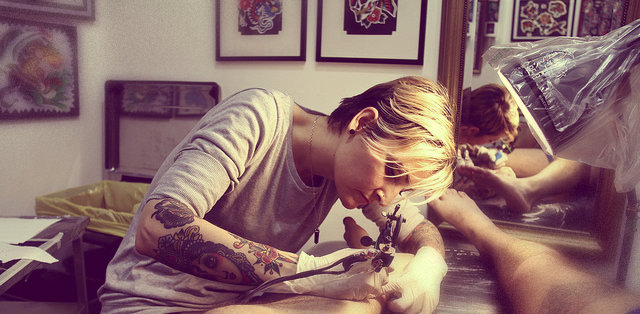
It is also important to ensure the cleanliness of furniture and equipment in the tattoo parlor, such as the chair or couch used by the client. Before each procedure, the place where the client will be tattooed should be disinfected. Disposable medical bed sheets are useful here. To ensure occupational safety and hygiene, an automatic or elbow disinfectant dispenser should be installed in the tattoo parlor. Paper towel dispensers and appropriately labeled waste bins are also necessary.
- soap dispensers
- disinfectant dispensers
- medical waste container
- waste bins, including medical waste bins if necessary
- disposable bed sheets
- disposable body towels
- disinfecting and cleaning agents
Regardless of the profession and job performed, we see how important hand hygiene and daily cleanliness in the workplace are. This provides a sense of safety for patients and clients. A significant responsibility for this safety lies with employers, healthcare workers, and beauty salon staff. A series of guidelines has been established to ensure safety, and sanitary devices are designed to maintain hygiene in the best possible way. It is enough to choose the right hygiene solutions to anticipate and prevent unpleasant consequences.
All rights reserved. No part of this publication (text, graphics, images, photos, files, and other data) presented in the OLE.PL online store may be reproduced or distributed in any form or by any means without prior permission. All trademarks, graphic signs, proprietary names, and other data are protected by copyright and belong to their owners.
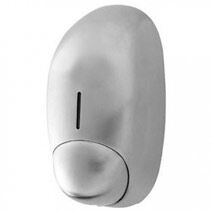

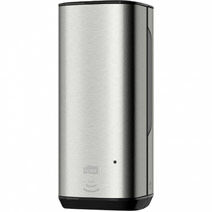
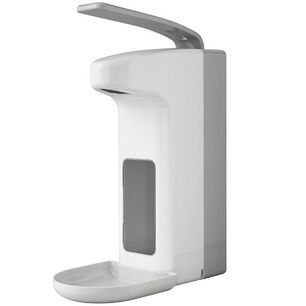
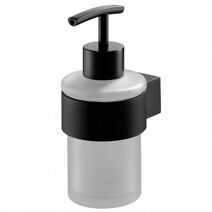
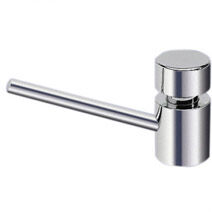
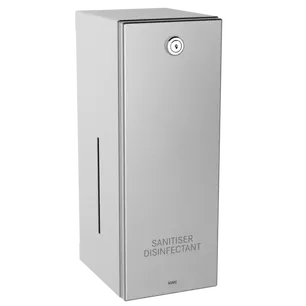

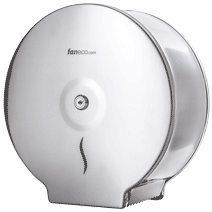

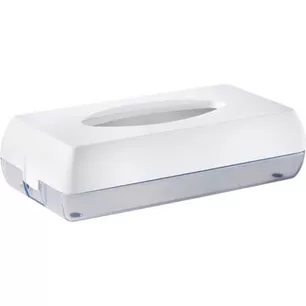
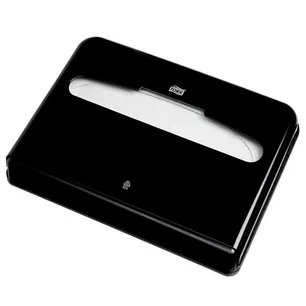
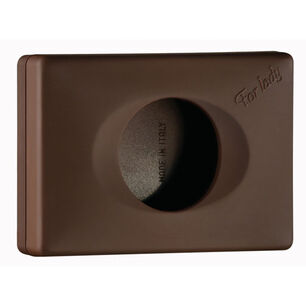
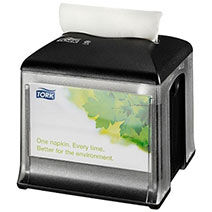

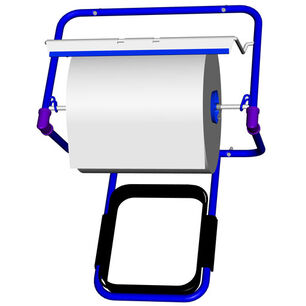
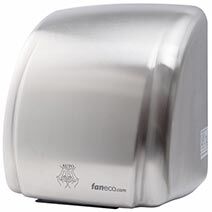
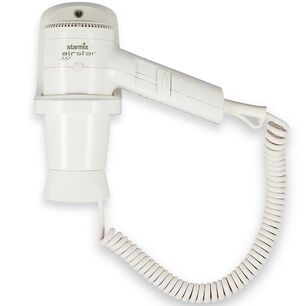
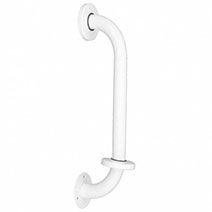
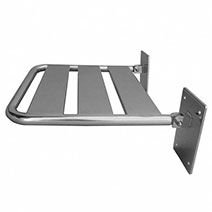
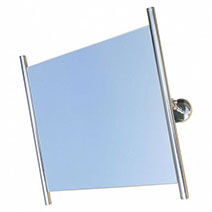
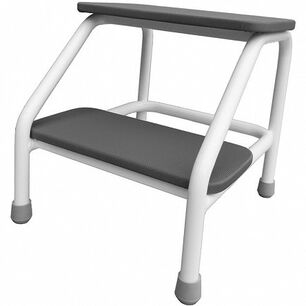
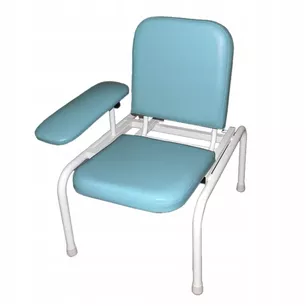
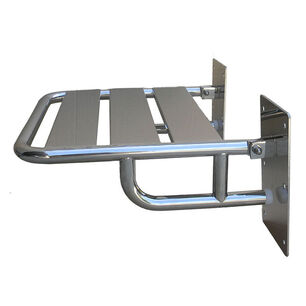



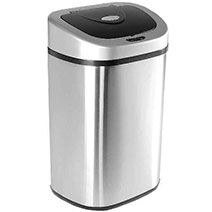
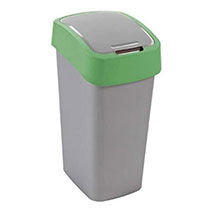
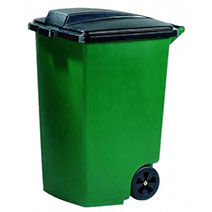


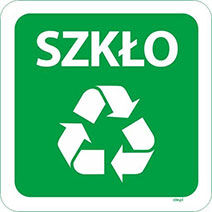
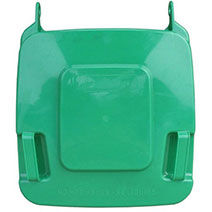
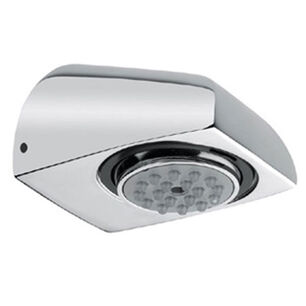
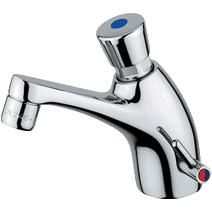
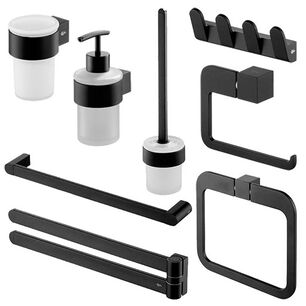
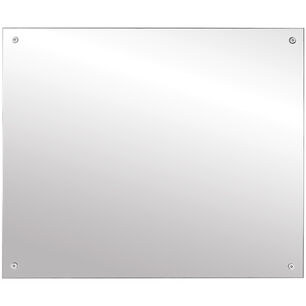
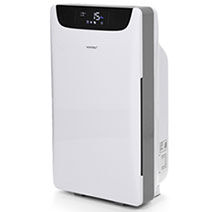
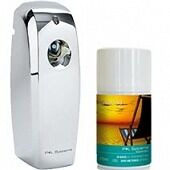

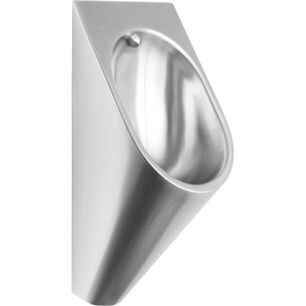
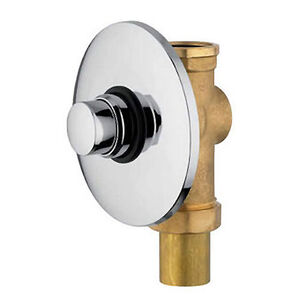
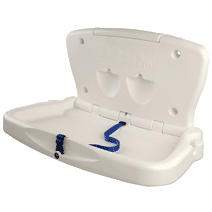
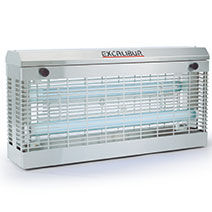
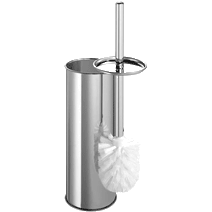
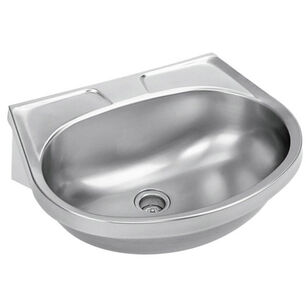
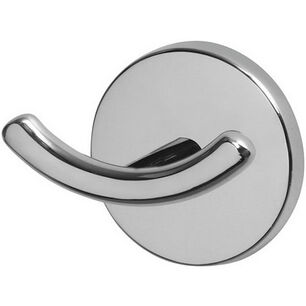
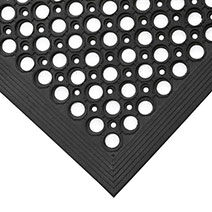
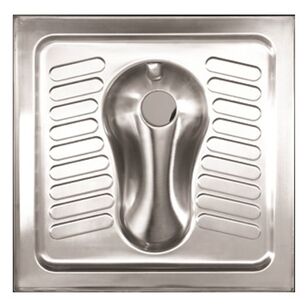
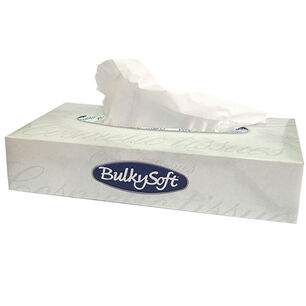
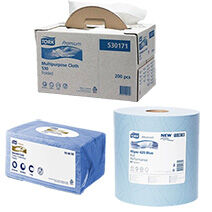
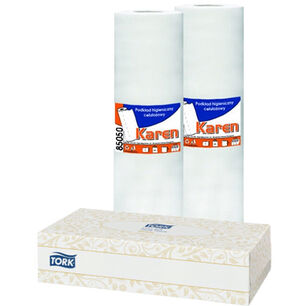
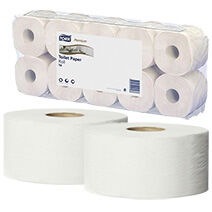

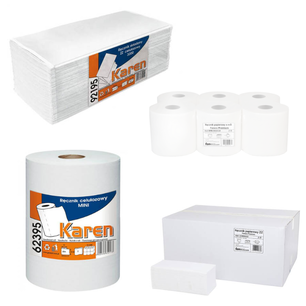
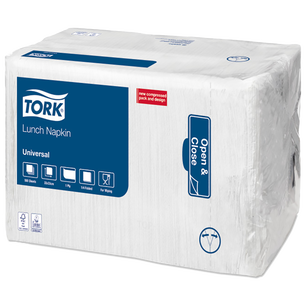
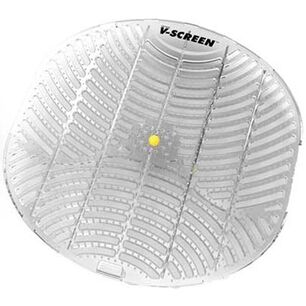
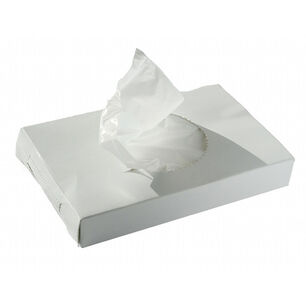
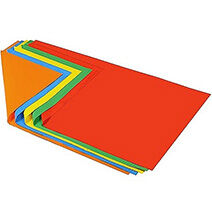
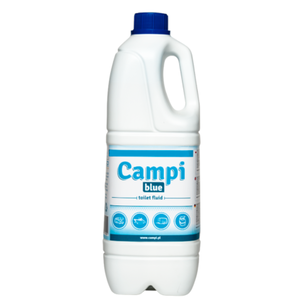
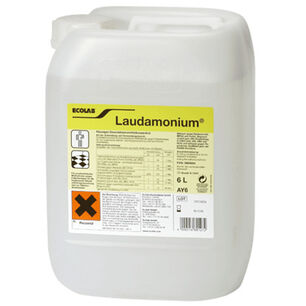
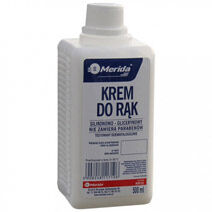
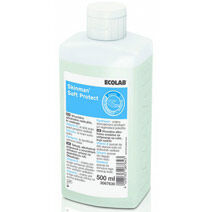
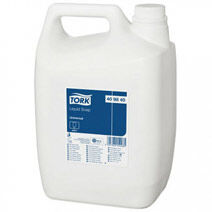
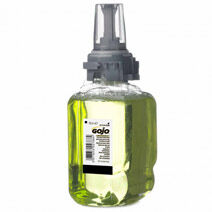
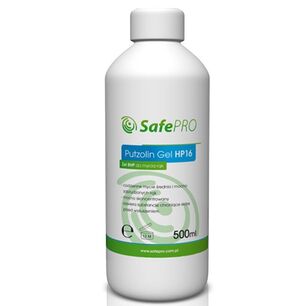
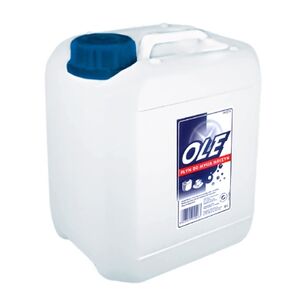
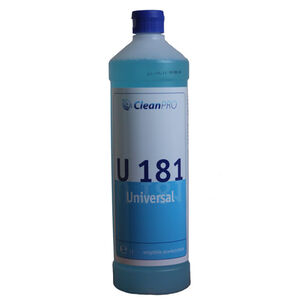
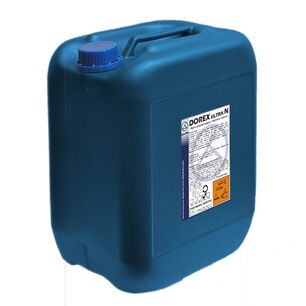
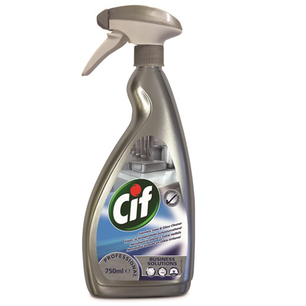
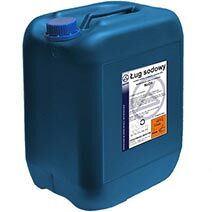

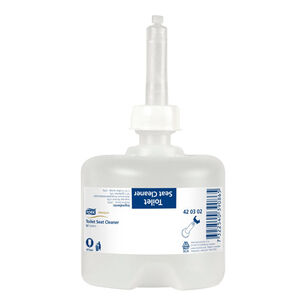
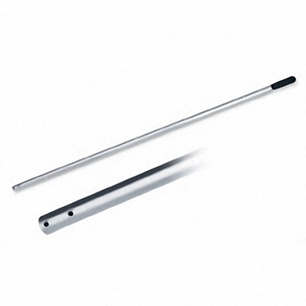
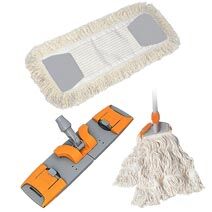

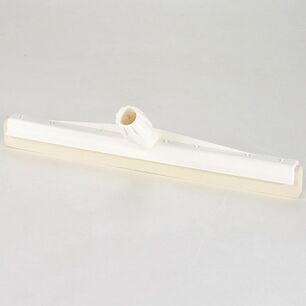

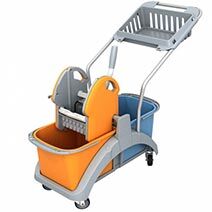
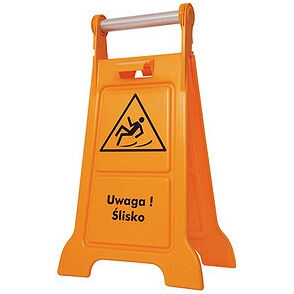

 Polski
Polski
 Czech
Czech
 German
German
 Spanish
Spanish
 Slovak
Slovak